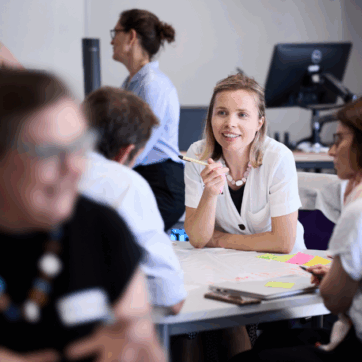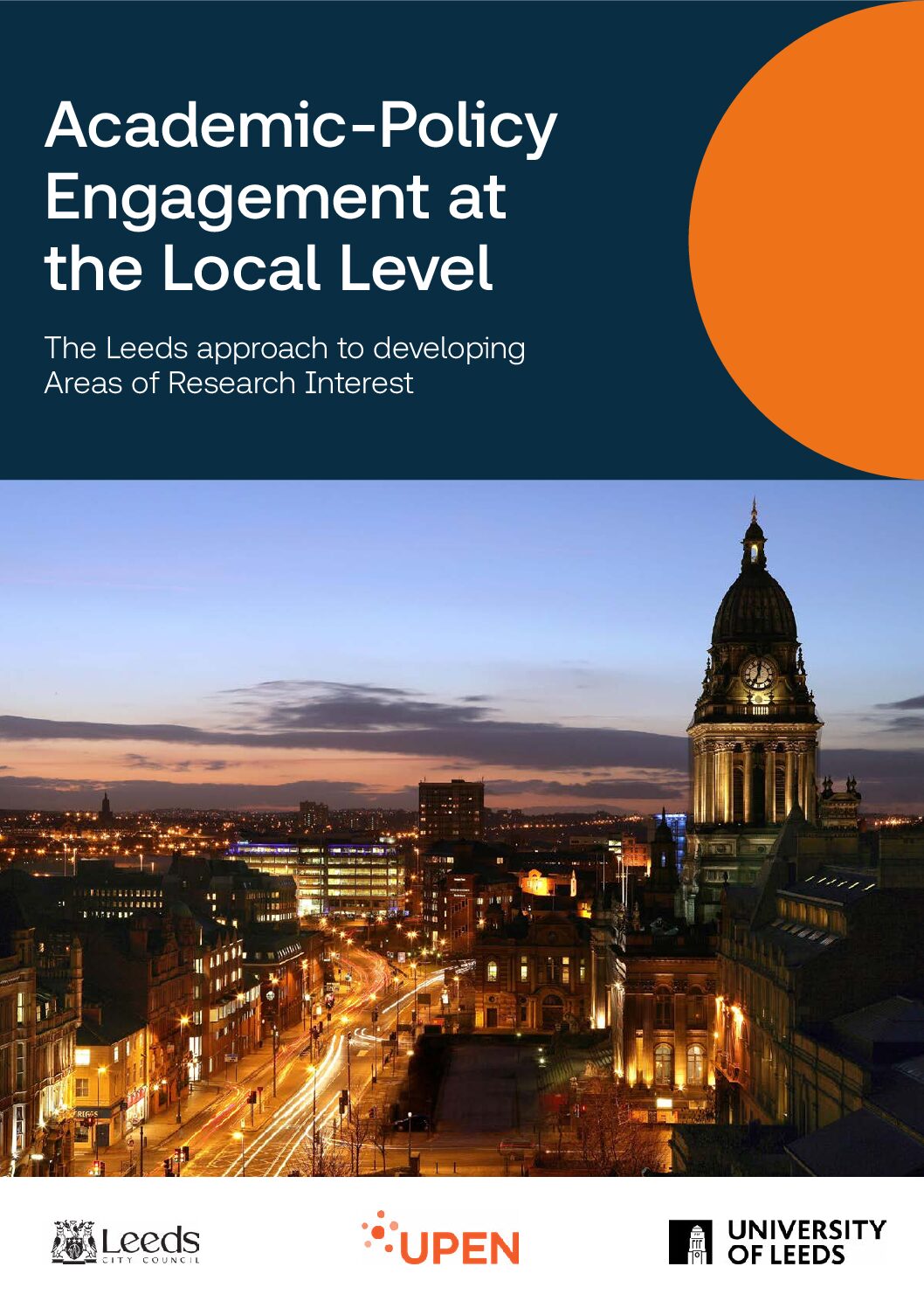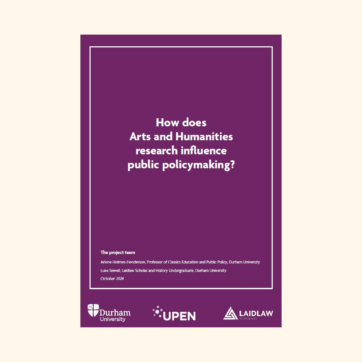Where the story starts…
I had always thought at the beginning of my career, I would have spent part of my early career in academia so what better place to land for a secondment than at UCL – consistently ranked as one of the top ten universities in the world. I chose to step outside my comfort zone of the civil service for the first time since being in full time employment, and after a period of 13 years. This wasn’t an easy decision. Enter imposter syndrome: would I fit in; would my skills be transferable; would it be full of the development I wanted?
Fortunately I had a brilliant colleague who I had worked with when I was Deputy Director of Legal Support Policy – Dame Hazel Genn, Professor of Socio-Legal Studies at UCL. When I explained I was interested in a secondment to UCL, she was adamant that I would be an asset and found a way to make my secondment possible. She was my sponsor – she advocated on my behalf across UCL and used her position of power to promote me which was incredibly valued. In moving out of the civil service, power dynamics shifted significantly. Whilst I am senior in the civil service (and this in part enabled me to approach Hazel), I had to start all over again, building my credibility at UCL.
In joining a university as a CAPE Fellow – I thought I might know what to expect, but what I found most intriguing was the ways in which academia and the civil service has commonality as well as areas of divergence. Firstly, at the core are commonalities – we are all about making improvements to public services or society more generally – albeit in different worlds or in different ways of working (the pragmatic vs the idealist). Secondly, people politics exist in both, but being a people person massively helped navigate these. Lastly, the lack of diversity in leadership positions in both UCL and Government means they do not represent the public we serve. I feel incredibly passionately about this last one – and this is where the most significant amount of progress needs to be made by both sectors (and to varying degrees there is a recognition of needing to do this and the associated reasons for doing so).
Moving onto areas of divergence. My role in the public sector is fast paced, high profile, expansive, requires generalist (and specialist) skills and involves a huge leadership element. Whereas my role at UCL was much more reflective, self-directed and took more of a consultant approach. The change felt deeply uncomfortable in the beginning: was I being effective; was I getting what I wanted from this secondment; was this still the right thing for me? I knew that both organisations had invested in this opportunity, and I was determined to make the most of it but finding the answers to these questions took time. Importantly I didn’t seek to answer these questions alone. I leaned on a Partner at PA Consulting – Johnny Gilbert – who I had previously worked with when I was Deputy Director for the Rape Review, who gave some sage advice and helped me make sense of my new world.
“It felt to me that UCL had created an environment where different expertise and diversity of thought was deeply valued, sought after and had a home.”
Despite the slow start and the different environment, I was having interesting introductory conversations with a huge range of people inside UCL (and beyond) about why I chose to come on secondment and what I hoped to achieve. The volume of diverse expertise at UCL was overwhelming and impressive in equal measure. It felt to me that UCL had created an environment where different expertise and diversity of thought was deeply valued, sought after and had a home.
The middle chapter.. .
Now a bit surer of myself, I started to think about where I wanted to make an impact. I found myself being involved in a variety of projects, but two of these stand out, but for different reasons.
The first, more obviously D&I, was work with UCL’s Director of Equality, Diversity and Inclusion, Aloma Onyemah and NHS partners in Leicestershire to review and update the Inclusive Decision Making Framework (essentially how those making decisions at every level are truly aware of how inclusive they are being). I could immediately see the potential to be relevant for NHS staff, and those at UCL, but also to those in the civil service too. I have agreed to remain involved when I return to MoJ. My hope is this work will signal a cross-sector piece of thought-leadership.
The second project which I feel is having an impact, is helping to shape and facilitate a cross-UCL workshop to develop a narrative on how UCL tells its story about how it is contributing to and shaping public policy (working closely with UCL Public Policy and UCL Public Affairs). I had always told teams I led in the civil service that the key to successful communication is storytelling – and this was another example of where I could add real value to UCL making progress on its public policy story. I will continue to contribute to this after my return to MoJ in the hope that I can help promote UCL’s contribution to public policy beyond the usual interested parties.
Whilst there was an element of giving my counsel to others (sometimes wanted and sometimes not!), there was plenty of time to learn too. I signed up to a brilliant UCL short course on systems leadership run by Dr Raúl Leal. This course was incredibly valuable in getting me started in thinking more about one of my key questions: how can we (in the civil service) better approach policy making? My reflections are that we are often too one-dimensional in our diagnosis and solution in order to keep things simple (despite working with some of the most complex issues) and the framework provided through the course could help us move along. And in fact, that is precisely what the Government Office for Science are promoting now.
“How can we (in the civil service) better approach policy making? My reflections are that we are often too one-dimensional in our diagnosis and solution in order to keep things simple (despite working with some of the most complex issues)”
More profoundly perhaps, I came to the realisation that some of the most entrenched problems in society cannot be solved by one sector alone. So we need not just good collaboration but co-production. UCL’s Provost, Michael Spence speaks about how UCL needs to learn to ‘disagree well’, but how can I take this back into the civil service where we are often having to balance strongly opposed views in order to find a pathway forward? I found myself reading and agreeing with two Harvard professors, Gino and Minson who gave advice about how you can be truly open to different opinions and how to process them against your own.
The end?
Looking back over my time at UCL, I have seen the journey as three parts – as like with all stories, you have a beginning, a middle and an end. But this ‘end’ chapter won’t be a hard exit. As mentioned, I have already committed to two projects where I will continue to take an active interest. I am also keen that secondments like this are available for others to experience and benefit from. I will be working to set up a strategic relationship between MoJ and UCL, very much in line with Government’s recognition of the benefits of spending time outside of the civil service in order to gain different perspectives and skills to then bring back into the organisation.
But perhaps more fundamentally for me the three things I wanted from the secondment, have all been successfully achieved. Firstly, I wanted to make sure I was exposing myself to fresh perspective and diverse experts, secondly, I wanted to expand my non civil service network and lastly, I wanted to spend time reflecting on how the MoJ can tackle complex problems in a better way. Instead of focussing all my energy on outputs and delivery (which is entirely understandable in a Government context), I want to keep thinking more about outcomes (although it is always important to think of wider factors in your decision making to make it truly inclusive as Juliet Bourke explains in relation to problem-solving).
In a way, the last one will only be tested once the newness of return has worn off and I’ve been back in the civil service for a while. Watch this space for my next blog where I explore what and how much I’ve been able to put into practice some of the lessons learned during my CAPE Fellowship!
About CAPE
Capabilities in Academic Policy Engagement (CAPE) is a knowledge exchange and research project funded by Research England from 2020-2024, which has been exploring how to support effective and sustained engagement between academics and policy professionals. The project is a partnership between UCL and the Universities of Cambridge, Manchester, Northumbria and Nottingham in collaboration with the Government Office for Science, the Parliamentary Office for Science and Technology, Nesta and the Transforming Evidence Hub.
About CAPE case studies
CAPE case studies have been written by academics and policy partners on the CAPE project as reflections on their experience of undertaking academic policy engagement. The case studies include explorations of academic placements in policy organisations and vice versa (called Policy Fellowships), partnerships between universities and policy organisations, and collaborative projects between academics and policy partners.


